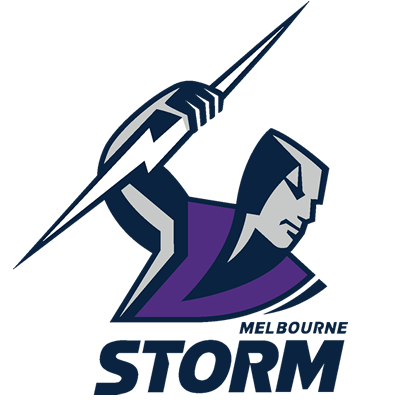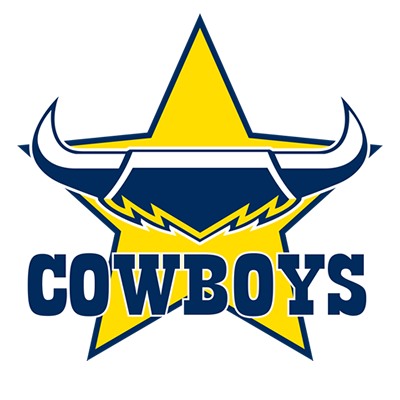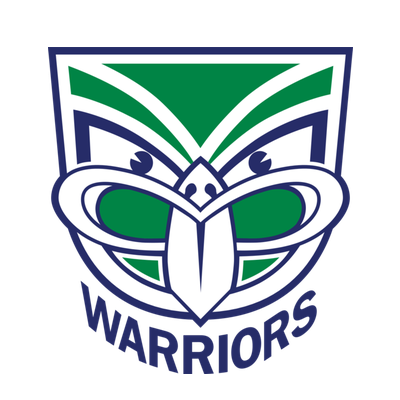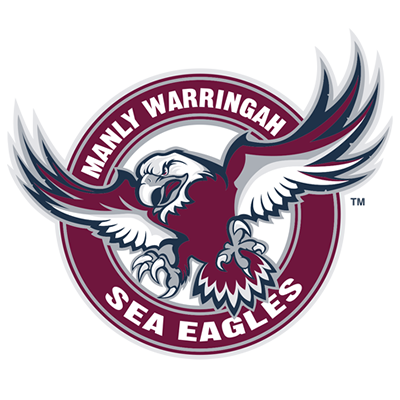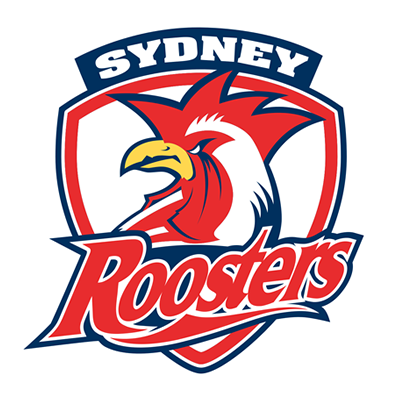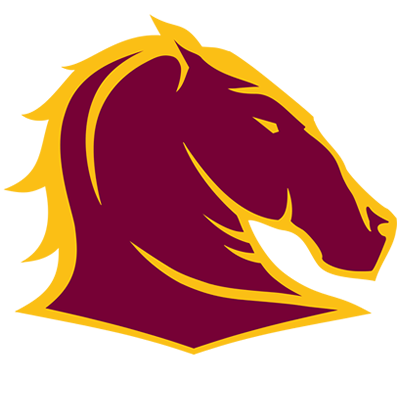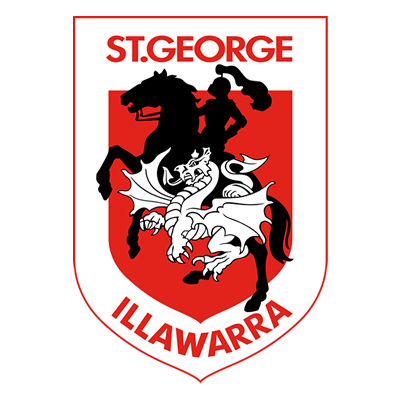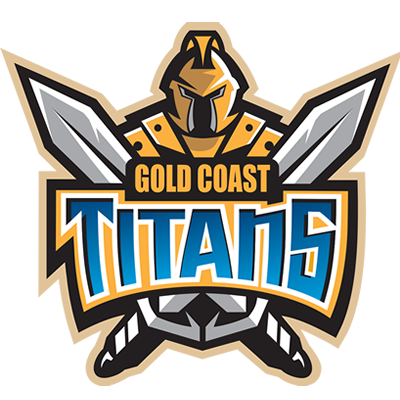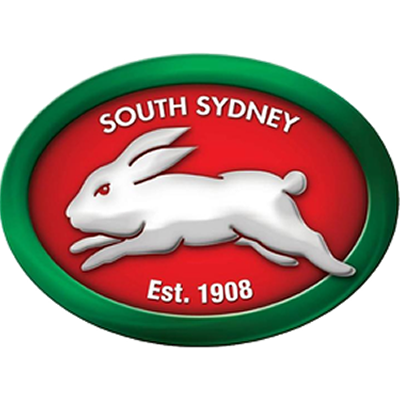Before he died in November 1984, aged 83, Xavier Herbert gave an interview in central Australia in which, during 3½ hours, he talked of the widespread practice in Australia's north and north-west of what he called "gin rooting", as well as boasting of having been, as a young man in the 1920s, "the biggest gin rooter around". If I've got your attention, and Brendan Nelson's too, the Fairfax group, still controlled at the time by the Fairfax family, bought the interview and published 7000 words of it in two extracts in the now-defunct weekly The National Times in January 1985.
I know this because I was the paper's fill-in editor that month. I recall vividly an interview, recorded by the Alice Springs writer and ABC broadcaster Dave Richards, that was often as confronting as it was rambling. In it, Herbert, born and raised in the North-West Cape area of Western Australia, tells at one point how he wrote the first draft of his monumental novel, Capricornia, under the title Black Velvet, but after travelling to London in 1930 he couldn't find a publisher. It wasn't until he reworked the novel and returned to Australia that it was eventually published in Sydney on Australia Day, 1938, exactly 70 years ago last weekend.
To quote: "We used to go up to Broome for our holidays and I knew, all through Western Australia, black velvet was the thing. It's changed a lot in recent years but the perfect mate for the bushman was the black girl or the yellow girl, and I thought I'd write that novel, Black Velvet. I'd discovered the story potential of the Northern Territory, particularly the Top End. It was very colourful in those days. I went in there in 1927 and worked everywhere and [material] just kept turning up. So I built this thing up and went to Britain with it, but they wouldn't take the book.
"For one thing, I suppose, it was amateurish. I was unknown, it was the depth of the Depression, 1930, and also it was too avant-garde. There were some terrible stories. One particular thing, in the Kimberleys. The pearling industry was established in Broome and the pearlers used to go up into the Kimberley country and steal the young [Aboriginal] gins to work as pearl divers. Of course, they used to rape them, too, and when they got too pregnant they'd chuck them overboard.
"Stockmen used to go out for a 'gin spree', too. They'd run the blacks down and take the young girls [who'd] sit down and fill their fannies with sand. The people in London, they didn't believe it. They just said, 'What a bloody awful thing, you haven't got a nice person in it.' I said there weren't any 'in that country', and they said, well, 'What about yourself?' and I said, 'I'm the biggest gin rooter around. The only thing was, I was more observant than the other blokes.'
"Hodder & Stoughton [in London], they used to publish colonial novels. The old bloke running it had a black alpaca coat and striped pants and a little imperial beard. He said, 'You wish to know why we refuse to publish your novel? Because it deals with relations between black women and white men. Good day, sir!' "
There was a great deal more, much of it very matter-of-fact about the endemic murder of Aboriginal people ("Don't forget, I grew up where blacks were still being killed and children were starving to death. It was the done thing.") and cannibalism of children's bodies ("They couldn't waste them. Couldn't afford to. Too hungry. But they carried the bones of the child around for a long time.")
You get the point, I'm sure.
Perhaps even Brendan Nelson might, too. That's not a given, though.
The new Liberal leader spent much of this week jumble-mumbling through a string of interviews on why he couldn't say if what's left of the Coalition would support the Rudd Government's apology to indigenous Australians after the new Parliament meets on Tuesday week. Trying to get a straight answer was like pulling teeth. An example from a transcript issued by Nelson's office yesterday.
Caller on Brisbane radio: "Dr Nelson, I'd like to ask why [inaudible] hasn't said sorry before, and what are the ramifications if we do."
Nelson: "Thanks, Joan. The apology is, as I understand it, to be given on behalf of Australia - and Mr Rudd said recently on behalf of the Australian Government - to those Aboriginal children forcibly removed from their families by earlier generations. We are not yet to see, we haven't yet seen - when I say we, not just me and the Opposition but you, Joan, and all Australians have not yet seen - what it is specifically Mr Rudd is going to put into the Parliament. We don't know what it's actually going to say, and it's very difficult under those circumstances to know ramifications."
Nelson should have stopped there. But he couldn't help himself. He wanted to try to please everyone.
He added: "In a general sense we have an enormous sorrow, and you can't help when you hear the stories - if you read a book by Stuart Rintoul called The Wailing, which is the oral history of black Australia, or you read the submissions [on stolen Aboriginal children] to the Bringing Them Home report - you can't help but be moved to tears; and if you're not, then you need to reconnect with your own humanity. The question, however, is, can our generation be responsible for, and own, the decisions taken by earlier generations? Now, whether they're things we're proud of, like what our men did at Gallipoli or Kokoda or those who built the Sydney Harbour Bridge and [remembering his Queensland audience] who pioneered the development of Brisbane, we're very proud of those things. But we don't own them, we're not responsible for them."
That isn't the question at all.
The question is, does Brendan Nelson believe the Parliament should apologise for what white settlement has done in brutalising and marginalising Aboriginal Australians and their culture for all 220 years the rest of us have been here. Not just for what was done for more than 60 years in selectively removing, by force, any black child who looked white - and only black children who looked white, the so-called half- and quarter-castes, the offspring mostly of serial rape of black girls by white men across the years - but for the benign neglect and indifference as well as the deliberate atrocities committed against the entire Aboriginal people ever since the First Fleet.
Of course the Parliament should apologise.
White Australia's responsibility, like its shame, is monstrous. Yet even the Rudd Government won't go that far. Rudd was crystal clear on morning television this week.
He said: "This apology will be delivered on behalf of the Government. We will be making it clear we will be speaking in the Government's name. The views of individual Australians, of course, they are entitled to hold … The objective is just to build this bridge of respect between indigenous and non-indigenous Australia so we can get on with the business of closing the gap in life expectancy, education levels and health."
If Nelson pretends he doesn't understand this, his Sydney colleague and leadership rival, Malcolm Turnbull, clearly does. Turnbull told reporters yesterday, with a clarity Nelson can only envy: "I have spoken to Brendan Nelson about it. I have spoken to a lot of other colleagues, too. My views are well known. I support an apology. I have said that publicly. I haven't changed my mind. But I don't want to engage in public debate about the issue. I'll have a lot to say to my colleagues [in the party room] next week."
In the meantime, if Nelson doesn't have the political spine to say out loud what he thinks should happen, it would seem a good idea, as a former education minister who seemed to spend most of his time hectoring the community about nonsense such as schoolyard flagpoles, if he got his new staff to learn to spell. In the official transcript issued by his office of an interview Nelson gave in Perth on Sunday, the word "bias", as in a question about "perceived left-wing bias in the education system", is spelt "byers".


